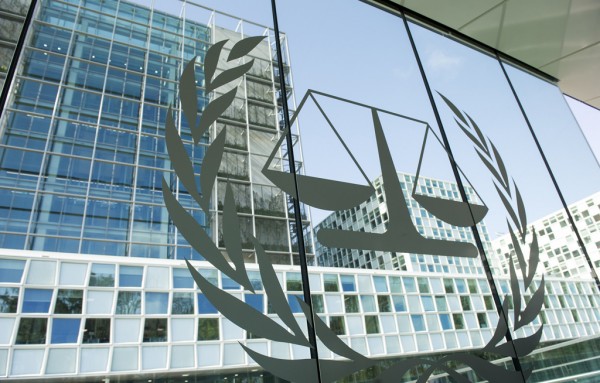South Africa is expected to appear before the International Criminal Court (ICC) next Friday to account for failing to arrest President Omar Al Bashir, when he attended an African Union Summit in South Africa in June 2015.
The president of Sudan is wanted by the ICC for crimes against humanity, genocide, war crimes and murder – among other serious crimes committed in Darfur. The ICC has issued two warrants of arrest for Al Bashir.
“Next Friday, 7 April 2017, South Africa will appear before the Pre-Trial Chamber of the International Criminal Court (ICC) to argue why the Court should not make a finding of non-compliance against the country for its failure to arrest President Omar Al Bashir when he attended an African Union Summit in South Africa in June 2015,” the Southern Africa Litigation Centre (SALC) said in a statement on Thursday.
In December 2016, the ICC issued a decision to convene a public hearing under Article 87(7) of the Rome Statute to discuss issues relevant to its determination of whether to make a finding of non-compliance by South Africa.
“To this end, the ICC has invited South Africa to make written and oral submissions at that hearing, which takes place in The Hague, to decide; whether South Africa failed to comply with its obligation under the Rome Statute by not arresting and surrendering President Omar Al Bashir to the ICC while he was on South African territory despite having received a request by the Court for his arrest and surrender,” said SALC.
“If so whether a finding of non-compliance by South Africa and referral of the matter to the Assembly of State Parties to the Rome Statute and/or the United Nations Security Council, are warranted.”
In March 2005, the United Nations Security Council adopted a resolution to refer the situation of Darfur to the Prosecutor of the ICC.
In March 2009 and July 2010 the ICC issued warrants of arrest against Al Bashir for war crimes, crimes against humanity and genocide committed in Darfur.
Neither of the two warrants of arrest against him have been enforced. Al Bashir is the first sitting president to be wanted by the ICC, and the first person to be charged by the ICC for the crime of genocide.
The Southern Africa Litigation Centre (SALC) sought leave to make amicus curiae submissions before the Chamber in January 2017.
However this application was opposed by the South African government who argued that SALC is not a neutral party and that such submissions should focus only on points of international law.
This is despite the fact that SALC had brought the urgent application to have President Al Bashir arrested, back in June 2015, and has in-depth and factual knowledge of the case. Despite government’s objection, SALC was however admitted to make its submissions.
“SALC’s submissions clearly demonstrate that South Africa had both domestic and international legal obligations to arrest and surrender President Bashir to the ICC when he arrived in the country in 2015,” says Kaajal Ramjathan-Keogh, SALC’s Executive Director.
“However the facts show that South Africa flouted these obligations by actively facilitating President Bashir’s escape, or, at the very least, by failing to comply with its duty to arrest and surrender him to the ICC.”
SALC said its submissions will also show how various government departments appear to have colluded to facilitate the departure of Al Bashir from South Africa.
“Had these ministers wanted to ensure compliance with the interim court order, which sought to prevent Al Bashir’s departure while the matter was being heard, they could have taken steps to inform their officials, in whose care the Sudanese delegation was entrusted,” said Ramjathan-Keogh.

Are you looking for a new job?
Are you unemployed and want a new job? Or maybe you have a job already and want to find greener pastures? We have all these amazing Job Listings just for you. Take a look and find that amazing Job Today. – See All Listings











